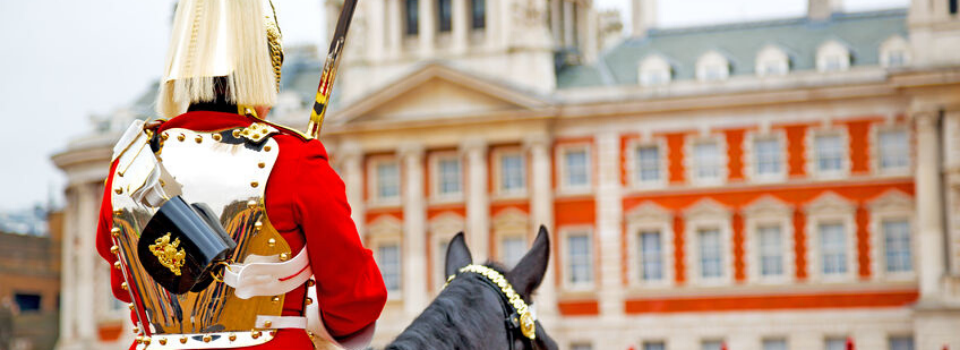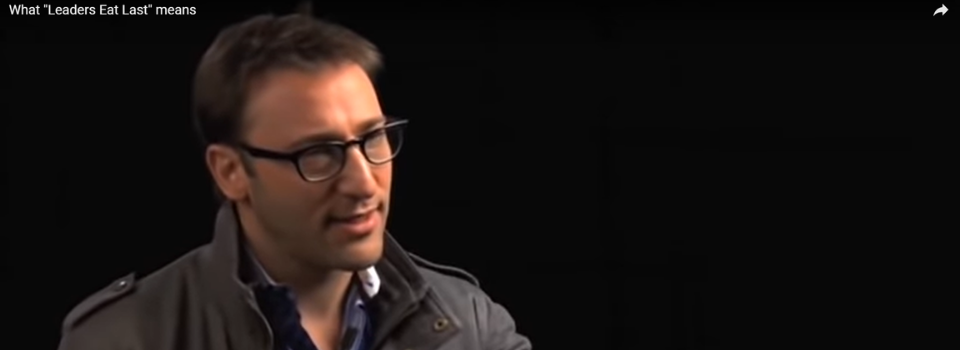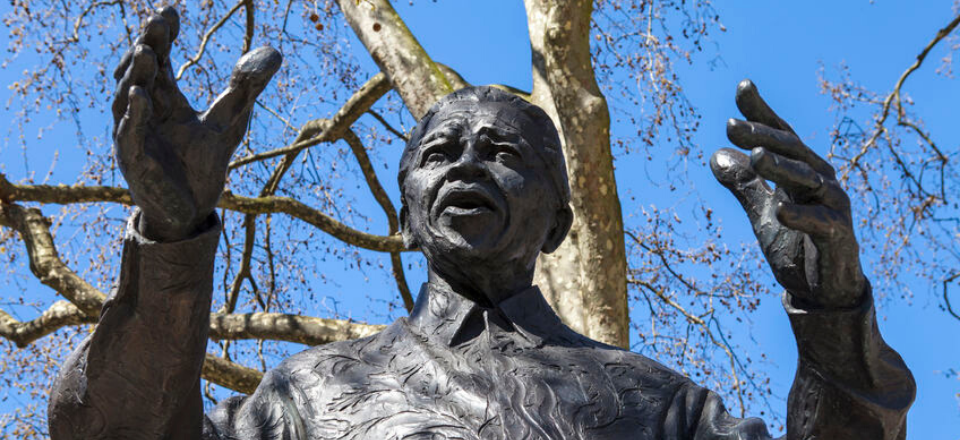So what is that ‘Key’ to good Leadership?
And some thoughts to leave you with at the end.
As we deal with major challenges here in Australia, commentary often turns to Leadership, where it is being shown and where it’s perceived to be lacking.
When a country or a large organisation needs leaders, a crisis can bring them quickly to the fore or indeed shine a spotlight on their failings. In a crisis, we can’t hide. Every move is visible, every decision dissected. Perhaps too much so?
Think back through history to some great Leaders. Winston Churchill is one of my favourites. A great man in a crisis. Decisive. Able to make incredibly tough decisions for the greater good. And loved by most of the population as a hero. (Though later deposed in peacetime)
For some, like Churchill perhaps, Leadership seems to come naturally. Others have to work hard at it. And some sadly, will never ever ‘get it’.

Why is this?
Are Leaders Born? Can they be made? Can they be developed?
What makes some leaders outstanding? What makes them different? And how can we improve Leadership abilities?
As I watch the Social Media commentary, lots of it, endless streams of it. I found myself asking these questions.
What’s wrong? Are our Leaders really failing us? How did we let this happen? Is the ‘system’ wrong?
I’m an avid student of Leadership, as I’m sure you are too.
And whilst I would in no way profess to being a good leader, I have studied leadership and been formally taught leadership skills over many years.
And Yes, I have had my leadership tested in tough conditions.
But these are just my own opinions, and I’d value yours in the comments below. (please try not to swear)
I’m currently reading a book by Major General Paul Nanson, called Stand Up Straight – 10 Life Lessons from Royal Military Academy Sandhurst (RMAS). He’s currently Commandant of the RMAS and completed his own Officer training there in 1986. I had the privilege of completing my own training there 5 years earlier and marching up those famous steps into the Old College Building, the adjutant on his horse being the last up the steps!

In reading his book, whilst it’s an interesting reminder of life at RMAS and some of the key life lessons we all learned; there is an underlying leadership message. And in fact, it’s the motto of RMAS.
The Academy’s motto is “Serve to Lead”, a paradox perhaps.
But this apparent contradiction is precisely at the heart of what makes Sandhurst a very special place, and it’s Leadership training so effective.
Cadets are taught to undertake with high levels of skill, all those tasks they will expect their soldiers to do. Be it making the bed, cleaning their clothes, being physically fit, operating equipment, planning, working as a team, supporting weaker members of the team, and undergoing lots of hardship. Lots of that!
Cadets gain a solid appreciation of what it’s like to be a soldier before they are ever allowed to become leaders of soldiers.
And when they are commissioned officers in the Army they know that the welfare of the soldiers under their command is their top priority. They genuinely ‘care’ about those who they have the privilege to command. And that culture breeds an amazing sense of camaraderie and belonging. And of course mutual respect.
If you have not seen a video by Simon Sinek called ‘Leaders Eat Last’ you should. From the title, I knew immediately what the core message would be. We were always taught whilst on operations, Your soldiers eat first. Officers eat last. Yes, literally.
Here’s the link. Please do watch it if you have not seen it: This is a good 4-minute summary.

Right now in Australia, we’re seeing these leadership qualities being played out all over the country. In Spades!
From our Fire Commissioners, other Emergency Services Leaders, and Local Community Leaders. Have you seen the video of the Malua Bay Pharmacist? He has lost his home and all his Pharmacy systems were down. He kept his Pharmacy open as it was important to him to maintain service his community. It was just obvious to him. He did not ask for payment for any medications he was dispensing. “Pay me later,” he says. This is true Leadership, compassion, and caring in action in the community.
Much of the local Social Media commentary here seems to be centred on a Lack of Leadership at the National level, amongst those who are entrusted to be our leaders. Not just leaders we need in easy times, but leaders we need in tough times too.
I should state that I have no particular political leanings one way of the other. I genuinely struggle at election time (compulsory here in Australia) to find a leader that I can have confidence and trust in. Hmm. That word trust!
Trust is a fundamental component of Leadership. You cannot be a true leader without it. Sure you can have a title, but that does not make you a leader. Leadership is earned. It’s earned through deeds and actions. Not merely what is said.
This seems to have been forgotten in recent years. Not just in Australia, but around the World. Trust in large Corporations is declining. Trust in Governments has been declining for decades!
There is lots of research online if you care to look.
So the question uppermost in my mind, for Post Bushfires here in Australia, is how do we address this issue of Trust in our Political Leadership.
I don’t have the answer. Maybe you can share your ideas below?
Why is it, that we have so many outstanding leaders in our communities and everyone here in NSW is picking RFS Commissioner Shane Fitzsimmons at the moment as a shining example, but there are plenty of others, and yet much of our Political Leadership seems so poor.
What is missing? Is our system broken? Are the wrong people entering politics?
As one who does not take a great interest in Politics, it would seem that our politicians, like many others around the World, are only interested in one thing. Politics!
It irritates me no end, whenever I have failed to avoid hearing a politician on TV, Radio or the Social Media, that they cannot say anything without (a) Self-promotion and (b) Denigrating the opposition.
The result is that they merely come across as total ‘tossers’ to use a local Australian expression and whatever message they were trying to convey is lost with a flick of the off switch.
Whilst my first 20+ years of adult life was spent in the Military, the last 20+ years has been in the Commercial sector. And one thing I learnt quickly in sales, is:
‘Never, Ever denigrate your competitors’
It looks unprofessional, it’s just a cheap shot and it also makes you look worried about your opposition like you have nothing better to offer! I never do it. In fact, I have friends who are competitors. I’m meeting one for coffee today. We openly share ideas on our industry so that we can better serve our clients.
I saw a TV interview (one that caught me) with Anthony Albanese our federal opposition leader, in which he was discussing the merits of some kind of National Labour Force to assist in reconstruction post bush fires. The thought was; that it could give young people a purpose, focus and valuable skills development if they were ‘drafted’ for a period to serve our hardest-hit communities. He avoided the ‘drafting’ bit and suggested it should be voluntary.
There is no doubt that initiatives like this, would have a very positive impact on our younger generations and only serve to build stronger relations in our communities and our population generally. And help build our future leaders.
But what of the people at the top?
How do we improve our Leadership at the highest levels?
It appears to be a major issue not just here in Australia, but in other countries not too far away!
It will be interesting to see what happens in Finland, as 34-year-old Sanna Marin really gets into the role of Prime Minister. Along with her all-female cabinet, all under 40.
New Zealand’s 39-year-old Prime Minister Jacinda Ardern seems on the surface at least, to be doing a great job. Have you watched her monthly video updates?
Is it a gender or age issue that we have?
I think it’s much deeper than that. Much deeper.
We need Leaders who can actually Lead, and who are prepared to ‘Serve to Lead’.
Your thoughts below?
Notes:
- Whilst this piece is focussed quite heavily on Political Leadership, it does so merely to provide us with a very real and current perspective of Leadership generally. So please do comment on Corporate Leadership as well!
- I have been a ‘card-carrying’ Australian for over 25 years, and whilst I have visited our Royal Military College Duntroon, I have not passed through its training programs. I expect it is very similar in approach and quality of outcomes to RMAS.
About The Author: Rob O’Byrne spent 20 years in the British Army before moving to Australia and entering corporate management consulting. In 1997 he founded the Logistics Bureau Group.
With a focus on Empowering others to succeed, Rob’s businesses are an active participant in the B1G1 giving program and also fund a Social Enterprise in the Southern Philippines..



